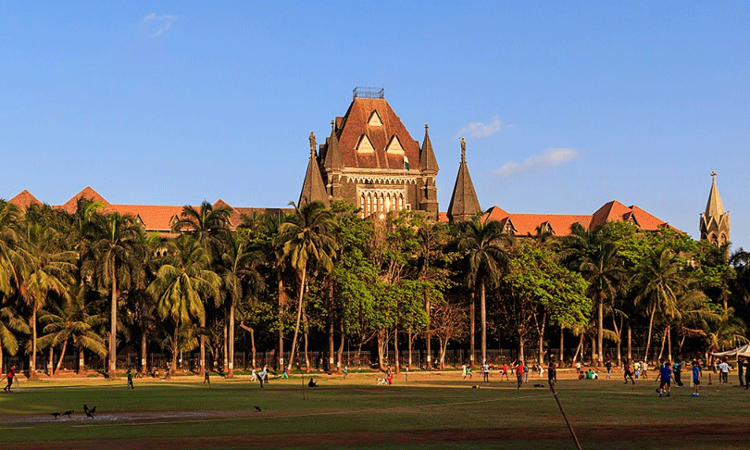Can Transit Anticipatory Bail Be Granted For Offences In Other States? Bombay High Court Refers To Larger Bench
Sharmeen Hakim
12 May 2022 10:48 AM IST

Next Story
12 May 2022 10:48 AM IST
The division bench of the Bombay High Court referred to a full bench the question whether the trial courts or High Courts can grant transit anticipatory bail to an accused when the offence against him is registered in another state, beyond the court's jurisdiction. A division bench of Justices S S Shinde and S V Kotwal widened the scope of the reference by adding issues like whether...
